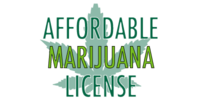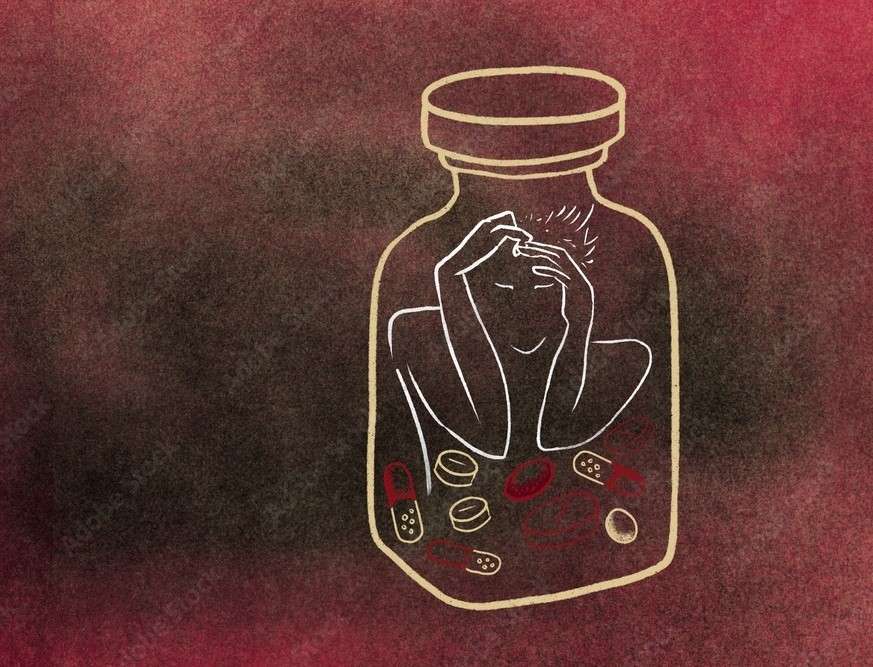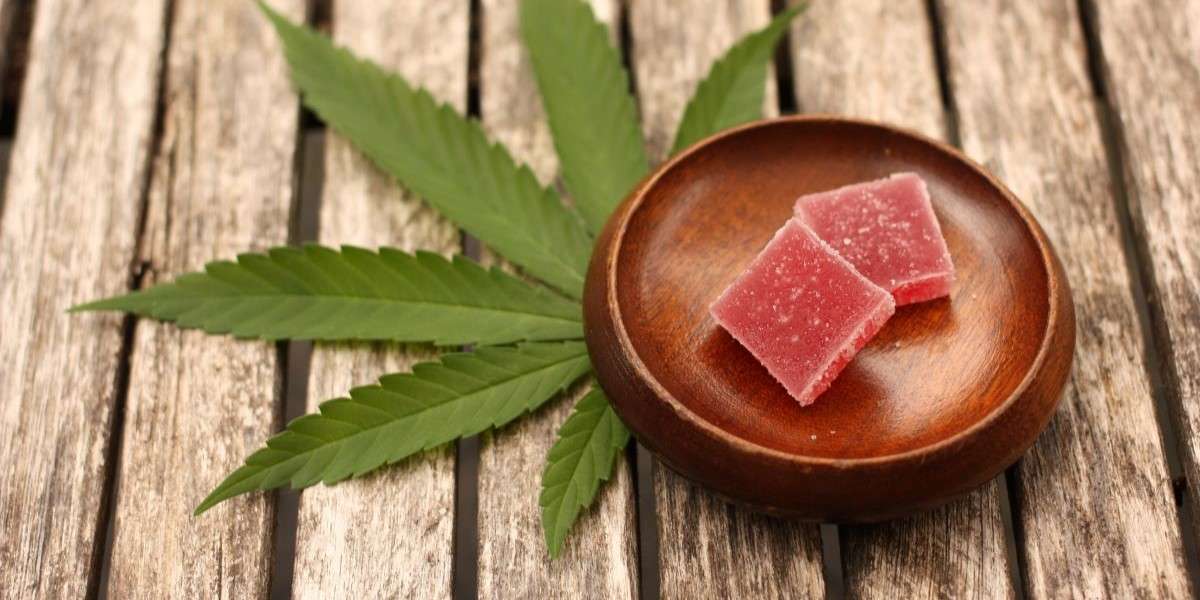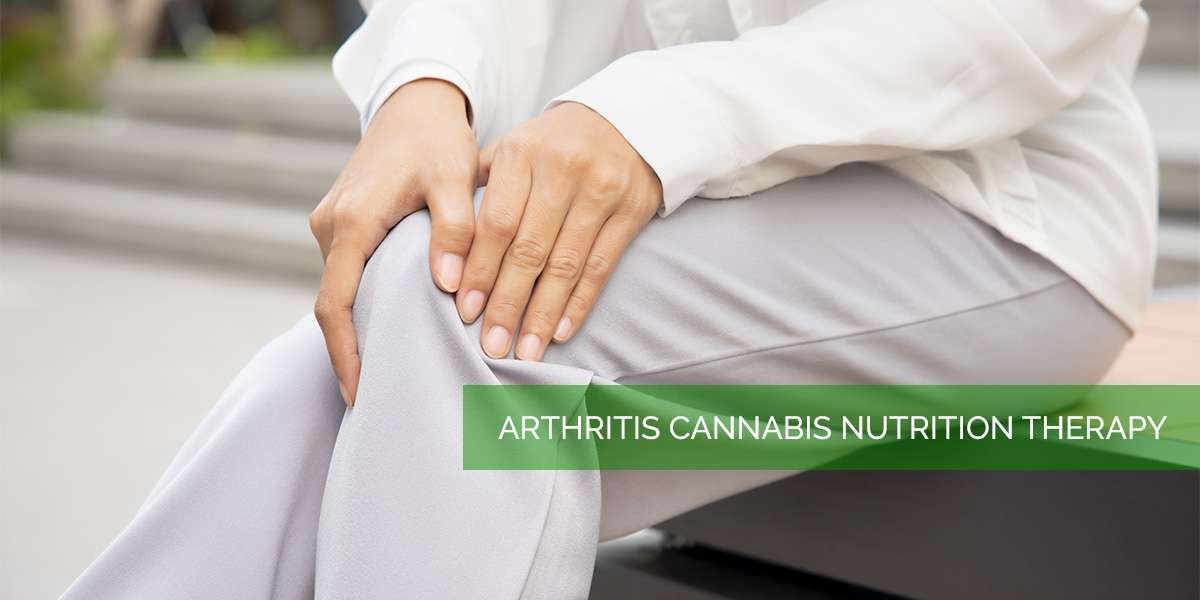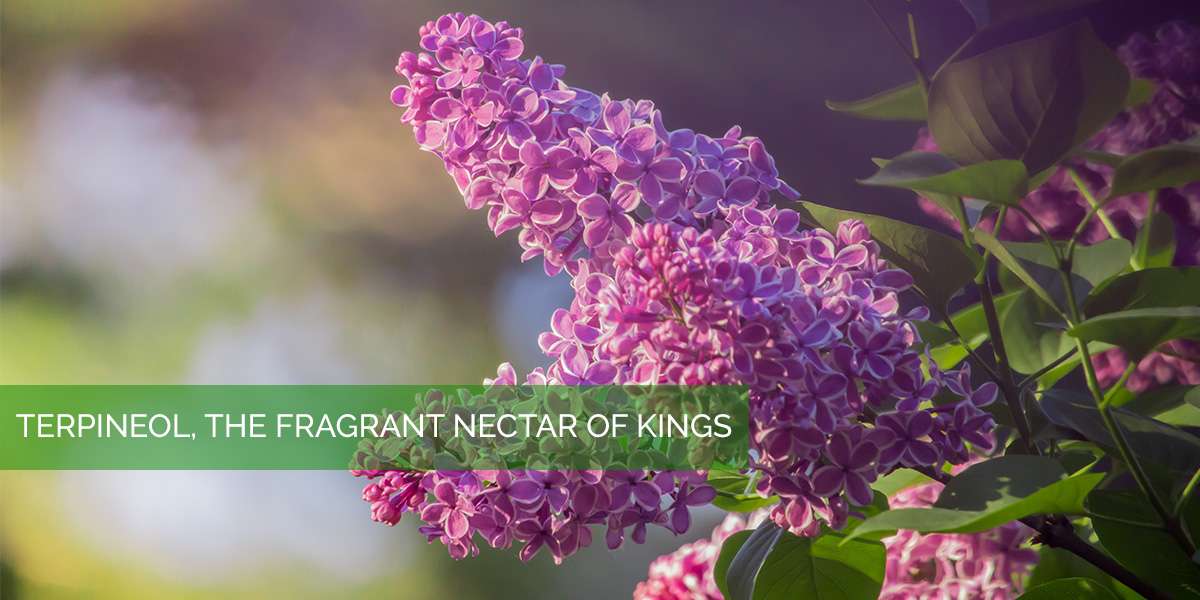How Plant-Based Alternatives Compare to Traditional Painkillers

Living with Chronic Pain is a daily challenge. Chronic pain affects every part of life — from how well you sleep to your ability to work, move, and enjoy time with loved ones. For many years, prescription painkillers, especially opioids, have been the first line of treatment. These medications are known to provide fast relief by blocking pain signals in the brain, making them effective in the short term. However, with long-term use comes a higher risk of side effects, dependency, and tolerance, which has led many people to search for safer, more sustainable options.
Traditional Painkillers: Fast Relief with Long-Term Risks
Prescription opioids are often used to manage post-surgical pain, severe injuries, or other acute conditions. They typically work quickly and are easy to access with a prescription. While this can be convenient, the drawbacks are significant. Patients may begin to build a tolerance, requiring larger doses over time. Side effects like nausea, drowsiness, constipation, and mental fog are common. Most importantly, long-term use carries a real risk of dependency, which has become a growing public health concern across the country.
Exploring Natural Alternatives to Opioids
Plant-based therapies offer a different path for managing chronic pain. These alternatives focus on supporting the body’s natural processes, such as reducing inflammation, calming nerve signals, and relaxing tense muscles. Some compounds found in legally approved, plant-based options may also help with sleep and ease anxiety — two issues that often go hand-in-hand with chronic pain. While results are typically more gradual than with prescription drugs, many patients report noticeable, long-lasting improvements when treatment is approached consistently and under proper medical guidance.

Customization and Whole-Person Care
Another key difference is in the flexibility of treatment. Traditional painkillers tend to follow a one-size-fits-all approach. On the other hand, natural alternatives allow for more personalized care. Patients can explore different formulations, intake methods, and dosages based on their individual symptoms and lifestyle. When this is done under the supervision of a licensed provider, it gives patients more control over their care and helps reduce unwanted side effects.
Side Effects and Safety Considerations
Every treatment comes with potential risks, but plant-based options are generally seen as having a more manageable side effect profile — especially when introduced carefully. Some patients may experience mild drowsiness or dry mouth, but many find these effects tolerable compared to the heavier impact of traditional painkillers. That said, not every patient is a good fit for plant-based care, which is why a proper medical evaluation is always recommended.
Why a Medical Evaluation Matters
If you’re considering a natural alternative to opioids, the first step is to talk to a provider who understands both traditional and plant-based approaches. At our Jacksonville clinic, we take time to understand your symptoms, medical history, and personal goals. We then create a tailored plan to help you manage your pain legally and safely, using physician-guided options that align with Florida law.

Ready to Explore a Natural Path to Pain Relief?
Chronic pain doesn’t always require a prescription bottle. For many patients in Florida, a plant-based approach offers a safe, effective alternative — one that can improve quality of life without the long-term risks of opioids.
If you’re ready to explore your options, our Jacksonville clinic is here to help. We offer compassionate, judgment-free care and support you every step of the way.
At AML, we believe in treating people with compassion and respect. Whether it’s your first time exploring medical marijuana or you’re looking for a more supportive clinic, we’ve got your back.
Need help starting the process? Give us a call or book your appointment online—we’ll walk you through everything with care and clarity.
